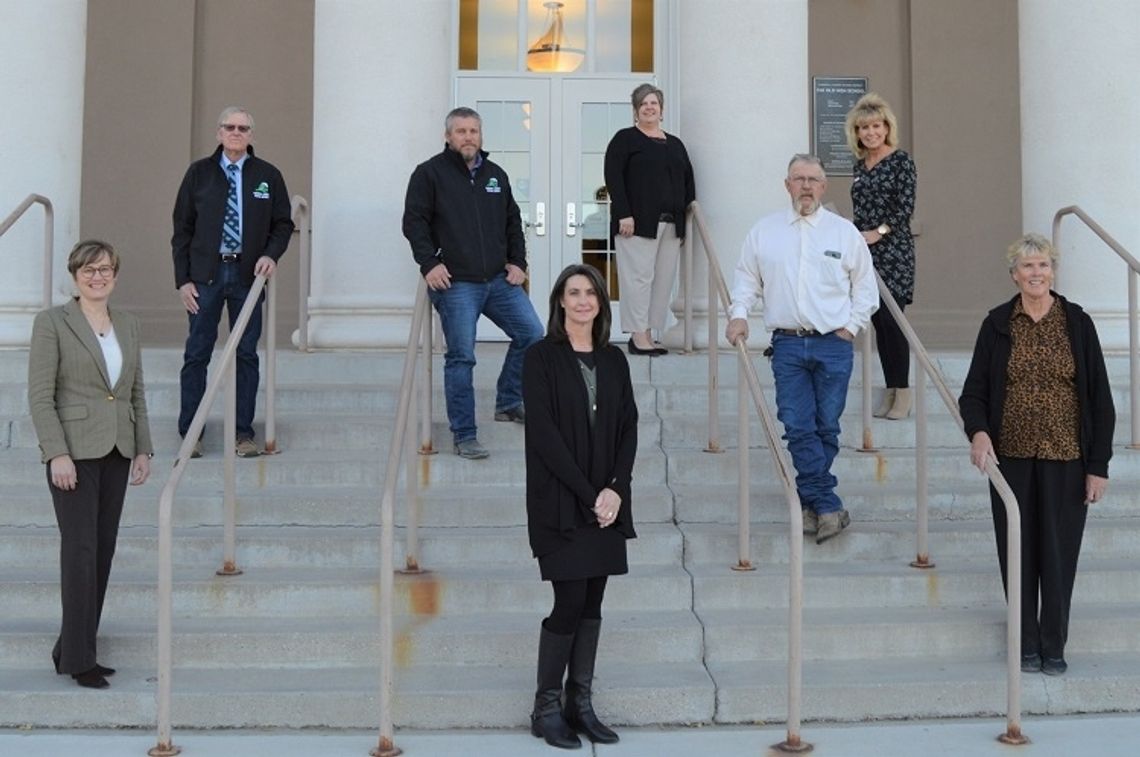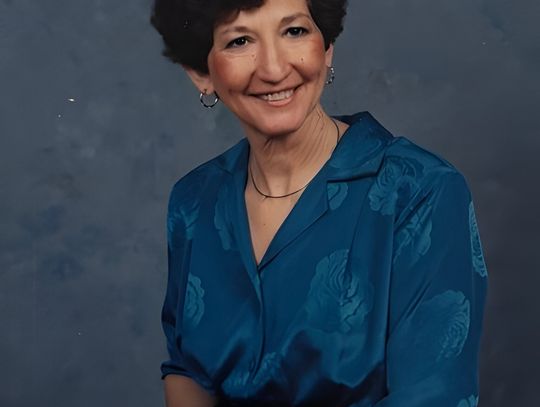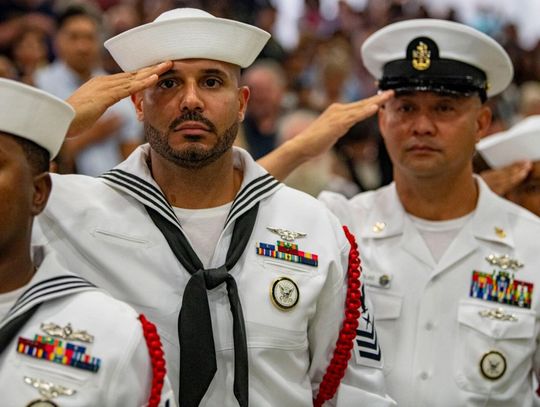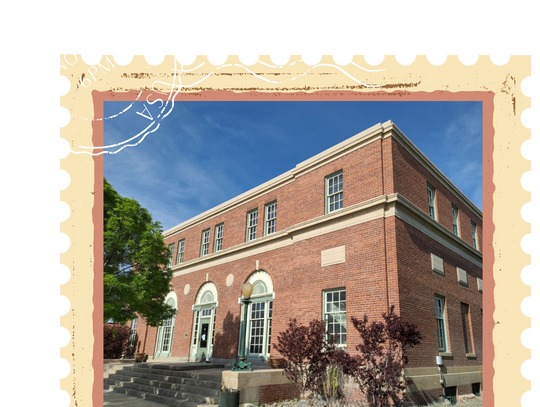Last week at the Churchill County School Board meeting, Superintendent Dr. Summer Stephens provided a copy of the State of Nevada Social Studies standards and the Kindergarten through twelfth-grade course summary documents to the board in response to a request from Trustee Carmen Schank regarding Critical Race Theory.
“I know, Carmen, you had an agenda item, ‘what is taught in social studies, where is it all taught,’ we have sixth, seventh, and eighth social studies, and then we have World History, U.S. History, and Government that is taught at the high school.”
The district has been working over the past two years with education consultant Dr. Steven Pradere to develop the course summary documents that teachers will use to meet the standards. Those were included with the standards in the board packet and can be found on the district website at this link: https://drive.google.com/drive/folders/1Sgnm8Zxq92ZUc8BRF3xEbTj_IDKbRzkP
Stephens reminded the board that during the 2022-23 school year the half government, half economics requirement will be implemented. “Teachers will be finishing those course summary documents this year based on the state standards and the requirements there.” The district also adopted personal finance as a graduation requirement, effective in 2023. While the class used to count as a math credit, it will now count as a social studies or an elective credit
“I hope people were able to look into the standards and look at the course summary documents and see all of the things that our teachers are working with students on,” said Stephens. “I think they are pretty self-explanatory and that’s exactly what’s happening.”
The Social Studies standards were adopted by the state in 2018, and local teachers have been using them to create course summary documents and classroom instruction. Stephens said there has been no formal local plan, that teachers have used the standards as a guideline to create the documents included in the packet. She clarified to Schank that teachers do not “teach to the test” but assess students using their own tests that match the learning modules they have created.
“I do have a problem with Critical Race Theory,” said Schank, “and I want to make sure that we are not implementing it.”
“There is no Critical Race Theory in the Nevada State Standards,” replied Stephens. “There is of course standards, and there should be, around discrimination and equality and treatment of individuals and that is in our standards in both the health and the social studies standards.
In response to a request for information regarding CRT in the Churchill district made by The Fallon Post on July 6, Stephens responded, “As I have told everyone who inquires, we teach the Nevada State Standards in all subject areas (and are available online). We teach anything that is determined by state law such as multiculturalism and restorative practices, we teach current events, and we always will look at topics from multiple perspectives throughout history. Most people are grabbing onto the narrative that exists as they listen to the news. We have so many primary and secondary source documents that we didn't have before that it does ensure we see things from multiple viewpoints. Our system will ensure that all learners and people are respected and that equity is addressed in our system as is required by state and federal law, but more importantly, as is a human's right. Just as a reminder, CRT is over 40 years old. I always ask people what they think CRT is and most have a very myopic view of what they read online or saw on the news they watch.”
Britannica.com defines CRT as an “intellectual movement and loosely organized framework of legal analysis based on the premise that race is not a natural, biologically grounded feature of physically distinct subgroups of human beings but a socially constructed category that is used to oppress and exploit people of color. Critical race theorists hold that the law and legal institution in the U.S. are inherently racist insofar as they function to create and maintain social, economic, and political inequalities between whites and non-whites, especially African Americans.”
Author Stephen Sawchuk said in a recent article for the Education Week publication, “There are significant disagreements even among experts about its precise definition as well as how its tenets should inform K-12 policy and practice.” He says the core idea of the theory is that race is a social construct and that racism is not merely the product of individual bias or prejudice, but also something embedded in legal systems and policies. “CRT also has ties to other intellectual currents, including the work of sociologists and literary theorists who studied links between political power, social organization, and language,” he wrote. “Critics charge that the theory leads to negative dynamics, such as a focus on group identity over universal shared traits; divides people into oppressed and oppressor groups; and urges intolerance.”
“We do not teach Critical Race Theory,” said Board President Matt Hyde when asked on Thursday, the day following the meeting.
In other business, the board received a report from Kevin Lords, director of administrative services and operations regarding recruiting efforts for open positions at the district for the upcoming school year. There is still a need for two English and one Math teacher at the high school, two Special Education teachers, and one Kindergarten teacher.









































Comment
Comments